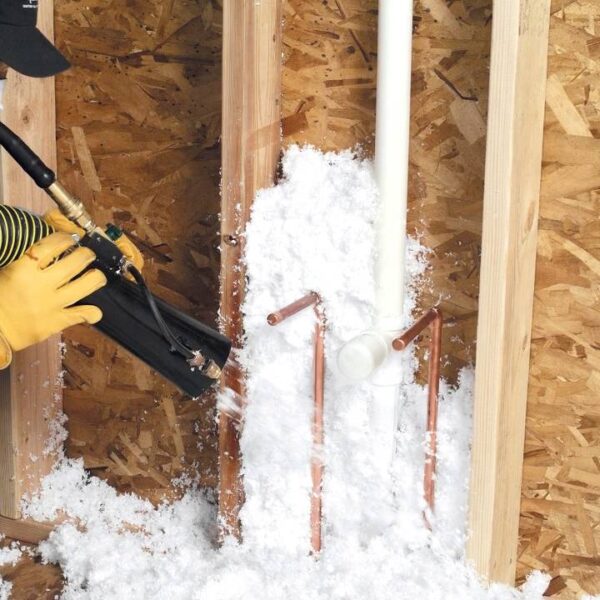Waiting for your period can be uncomfortable, especially when the expected date passes and your menstrual cycle is late. Understanding irregular periods is important because, while the menstrual cycle is typically around 28 days, it can vary from person to person. A missed or delayed period is often nothing to worry about, but it can be stressful when it happens. Here are some common causes of irregular periods and tips for managing them.
Causes of Missed Periods
Stress
The area of the brain that regulates reproductive hormones may be impacted by extreme stress. Ovulation and periods may stop as a result. Once the stressor subsides, even if the person develops coping mechanisms to manage stress, their regular cycle may resume. It’s important to recognize that stress can have a significant effect on the menstrual cycle.
Polycystic Ovary Syndrome (PCOS)
PCOS is a condition where hormonal imbalances occur, causing irregular periods or even the cessation of periods altogether. This condition often involves ovarian cysts, which can affect overall reproductive health and appearance, making it more difficult for individuals to predict their menstrual cycle.
Excessive Exercise
Athletes who train intensely may experience a condition called amenorrhea (the absence of periods). Strenuous physical activity, especially activities like long-distance running or intensive ballet, can trigger the release of stress hormones, which disrupt the production of reproductive hormones and lead to irregular or absent periods.
Hormonal Birth Control
Hormonal birth control, which works by inhibiting ovulation, can cause a person’s menstrual cycle to vary. This can result in early, late, or missed periods. While hormonal birth control is effective in preventing pregnancy, its impact on the menstrual cycle can sometimes be unpredictable.
Thyroid Problems
Thyroid disorders, such as hypothyroidism or hyperthyroidism, can significantly impact menstrual cycles. When the thyroid doesn’t produce the right amount of hormones, it can cause irregular periods, making them lighter, heavier, earlier, or later than usual.
What to Do When Your Period Is Late: Tips and Remedies
If your period is late, there are some home remedies for period pain that may also help induce menstruation or relieve the discomfort of waiting. Here are a few natural methods to try:
Turmeric
Turmeric is a natural medicine with anti-inflammatory and antioxidant properties. It may help speed up periods by increasing blood flow to the uterus and pelvic area. Curcumin, the active compound in turmeric, is thought to play a role in regulating progesterone and estrogen levels. To incorporate turmeric into your routine, try adding it to steamed vegetables, milk, rice, or other foods.
Warm Water Bath
Taking a warm bath can help you relax and relieve stress, both of which can contribute to a delayed period. The heat from the water increases blood circulation, which may help stimulate the uterus. Adding a few drops of lavender oil to the bath can also provide calming effects and help relieve abdominal cramps. A warm bath helps relax the pelvic area and can ease the discomfort associated with home remedies for period pain.
Unripe Papaya
Some practitioners of alternative medicine recommend eating unripe papaya to promote proper menstrual flow. Unripe papaya is believed to stimulate uterine contractions and may help encourage the start of your period.
Exercise and Yoga
Engaging in gentle exercise can help relax the muscles and potentially induce menstruation. Light workouts such as crunches, squat jumps, and standing twists are good options for getting your period started. Yoga can also help ease tension and improve circulation, which may be beneficial for stimulating your menstrual flow.
While missing a period occasionally may not always be cause for concern, if irregular periods are frequent or accompanied by other symptoms, it may be worth consulting with a healthcare provider. Understanding the underlying causes can help you address any health issues and manage your cycle more effectively.
Read more: (Click here)

















